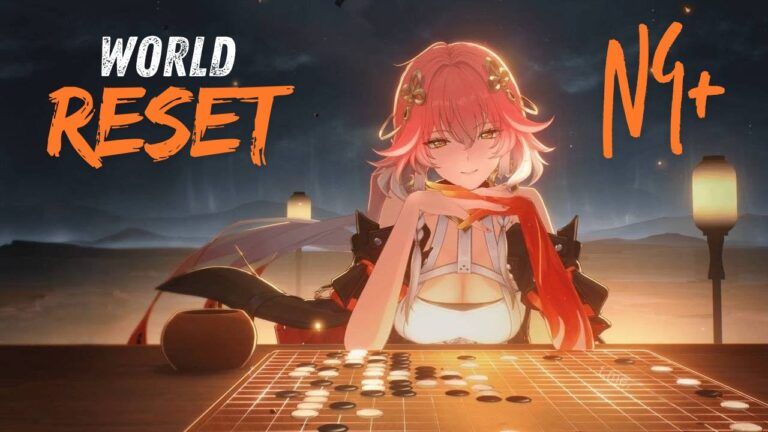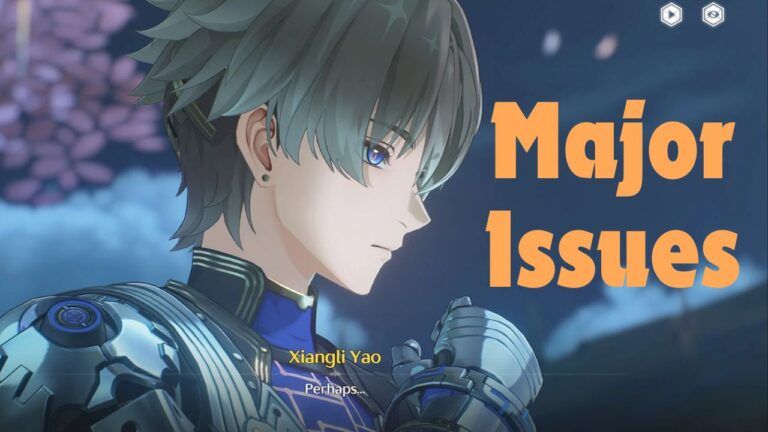Is Everything Going Woke in Gaming?
It seems like everywhere I turn these days, someone is talking about how “woke” the gaming industry has become.
Now, I don’t know about you, but when I hear the term “woke,”
I often think back to its original meaning—being aware of social injustices and inequalities.
But let’s face it, that term has morphed into something much broader and, in many cases, much more contentious.
You’ve probably noticed it too: games that feature diverse characters, storylines addressing social issues, and inclusive options are often quickly labeled as “woke.”
And not always in a positive light either.
The Divide
If you’re a part of the gaming communities online, you’ve likely seen both sides of this argument.
On one side, you have gamers welcoming these changes with open arms, delighted to see characters and stories that reflect our diverse society.
On the other side, some feel these elements are being shoehorned into games at the expense of quality or authenticity.
Take Baldur’s Gate 3, for example. It’s got inclusive relationships and customizable character options, right down to pronouns and gender identities.
Some gamers call it a significant leap forward, while others dismiss it as pandering or unnecessary.
And that’s just one game.
Honestly, I don’t mind these additions as long as the game is fun to play. But I hate it when I see wokeness at the cost of writing, storytelling, and dialogues affecting my overall gameplay experience.
The Overuse Problem
I find it a bit troubling how the term “woke” is thrown around so freely now.
It feels like we’ve gotten to a point where if everything is considered “woke,” the term ceases to have any real meaning.
That makes it pretty challenging to have a genuine conversation about these issues, don’t you think?
The inclusion of women, Black, Asian, or even transgender characters does not inherently make a product “woke.”
Featuring strong women is not woke; however, portraying all male characters as weak and dumb to make women appear strong and intelligent is.
Including Black characters is not woke, but altering established characters or inserting them without context is, such as in “Dragon Age,” as it transitioned from a world with no Black people to one with many Black people seemingly overnight feels a bit forced.
An example of non-woke storytelling is found in “Guild Wars 2,” which includes two lesbian companions who are well-developed characters with narratives extending beyond their sexual orientation.
It’s important to note that having women, Black, or transgender people/characters should not be the primary focus of a product.
When this becomes the central theme, the product often falls into the category of being “woke” and tends to fail.
Nonetheless, it is crucial to recognize that too many individuals label things as woke when they are not.
How Developers Are Responding
What I’ve noticed is a sort of tightrope act developers and publishers are forced to perform.
They want to create authentic, inclusive content without sparking backlash from those wary of “woke” culture.
You see games like Concord featuring diverse casts, and almost immediately, the term “woke” gets thrown into the mix.
Honestly, is it just me, or does it seem like we’re missing the point here?
Wokeness was not the only issue with the game. It had:
- High price tag.
- Ugly character designs
- Live service feature and that too of a dying genre.
- Boring gameplay.
The list goes on and on…
IF EVERYTHING IS WOKE, THEN NOTHING IS.
Maybe it’s time we shift our focus. Instead of obsessing over whether a game is “woke,” let’s talk about whether it’s good.
Does it engage players?
Does it tell an exciting story?
Does it offer an enjoyable experience? And…
Most important of all…, DO YOU LOVE PLAYING IT?
If a game nails those aspects, who cares if it’s inclusive too?
Moving Forward
From where I stand, the whole “WOKE” debate is a bit of a distraction. With so many gaming studios shutting down in 2024, the gaming industry should only focus on creating great games, period.
If those games naturally include diverse perspectives, all the better.
After all, gaming is for everyone.
The challenge, for all of us, is to have thoughtful, constructive conversations rather than getting bogged down in buzzwords.
So next time you’re about to label a game as “woke,” maybe take a step back and ask: is it actually a bad thing?
Or are we just letting a misunderstood term cloud our judgment? It’s worth thinking about.






